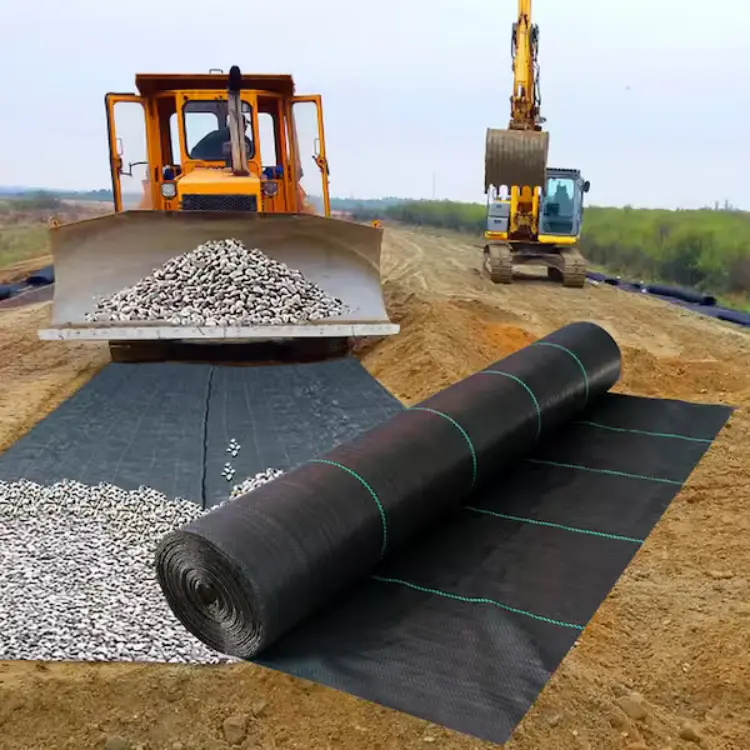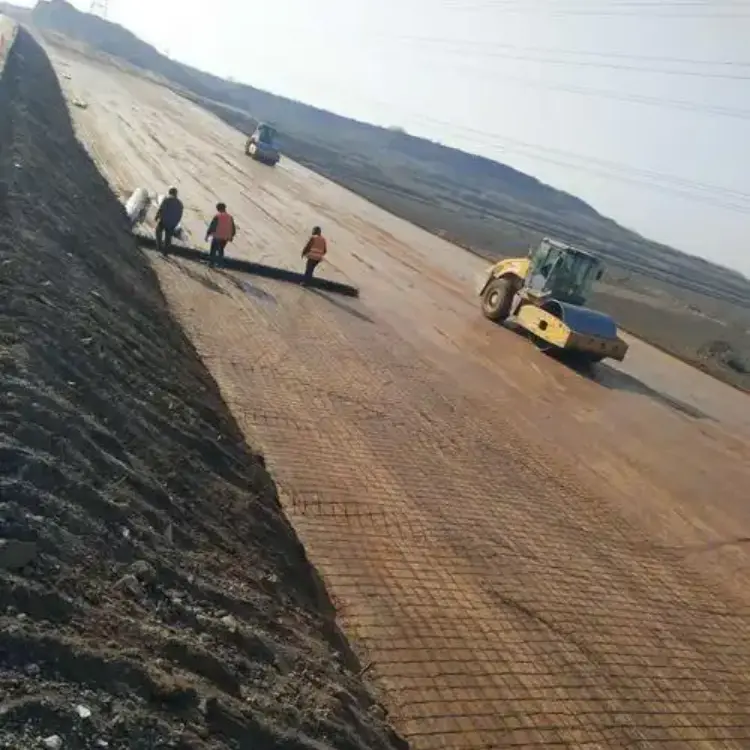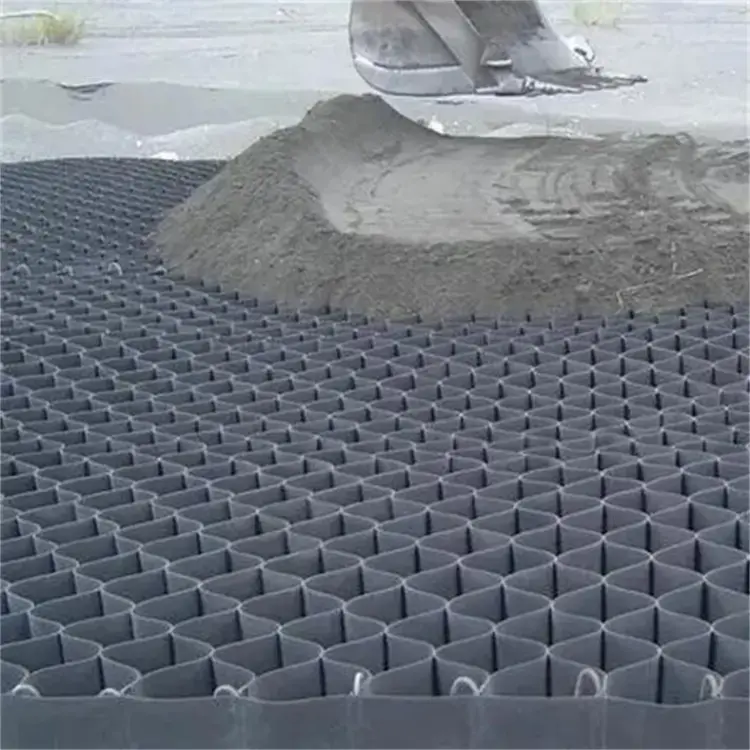Project Background
The Hefei Longquanshan Municipal Solid Waste Landfill in Anhui Province, China — located 35.5 km from downtown Hefei and spanning 1,000 km² — has received over 11 million tonnes of waste since 2004. Significant settlement during waste decomposition necessitated advanced impermeable solutions. In March 2020, an ecological remediation project was launched to restore site functionality.
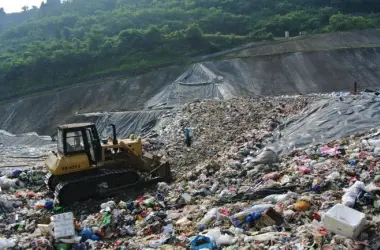
Technical Solution & Material Selection
Primary material: 1.5mm thick textured LLDPE (Linear Low-Density Polyethylene) geomembrane.
Key properties:
- Superior uniaxial/biaxial tensile strength (ASTM D6693)
- Environmental stress crack resistance (ESCR) exceeding 1,500 hrs (ASTM D5397)
- Enhanced surface friction coefficient (0.45 ASTM D5321) for slope stability
Construction Process
| Phase | Technical Specifications |
|---|---|
| Site Preparation | Subgrade compaction to 95% Proctor density (ASTM D698) |
| Geomembrane Installation | Textured LLDPE deployment with seam overlap ≥100mm |
| Welding & Seaming | Dual-track heat fusion welding (ASTM D6392); seam strength ≥90% parent material |
| Drainage System | Layered structure: • Nonwoven geotextile cushion (200g/m²) • 300mm gravel drainage layer • HDPE leachate collection pipes |
Performance Outcomes
✅ Impermeability:
- Hydraulic conductivity ≤1×10⁻¹³ cm/sec (GRI GM13)
- Leachate containment efficiency: 99.8%
✅ Environmental Benefits:
- 65% reduction in odor emissions (EN 13725)
- Rainwater-leachate separation achieved
✅ Structural Stability:
- Settlement control: ≤5mm/year post-installation
- Design service life extended to ≥50 years
 Geomembrane Market Trends & Development Prospects
Geomembrane Market Trends & Development Prospects
Global Market Dynamics (2025-2032)
| Metric | Value | Growth Driver |
|---|---|---|
| Global market size (2025) | $3.339 billion | Stringent EPA/EU landfill directives |
| Projected market (2032) | $4.550 billion | Renewable energy infrastructure |
| CAGR | 4.52% | Mining sector applications (+28% YoY) |
| China market (2025) | ¥35 billion ($4.8B) | “Sponge City” initiatives |
Innovation Frontiers
🔬 Material Advancements:
- Self-healing polymers (microcapsule technology)
- Conductive geomembranes for leakage detection
🌱 Sustainability Initiatives:
- Bio-based resins (e.g., sugarcane HDPE)
- Recycled material content ≥30% (ISO 14021)
⚙️ Digital Integration:
- IoT-enabled stress monitoring systems
- Automated welding robotics (precision ±0.2mm)
Industry Outlook: Geomembranes will underpin $12.7B environmental protection infrastructure investments by 2030, with landfill applications constituting 61% of demand (Grand View Research, 2023).
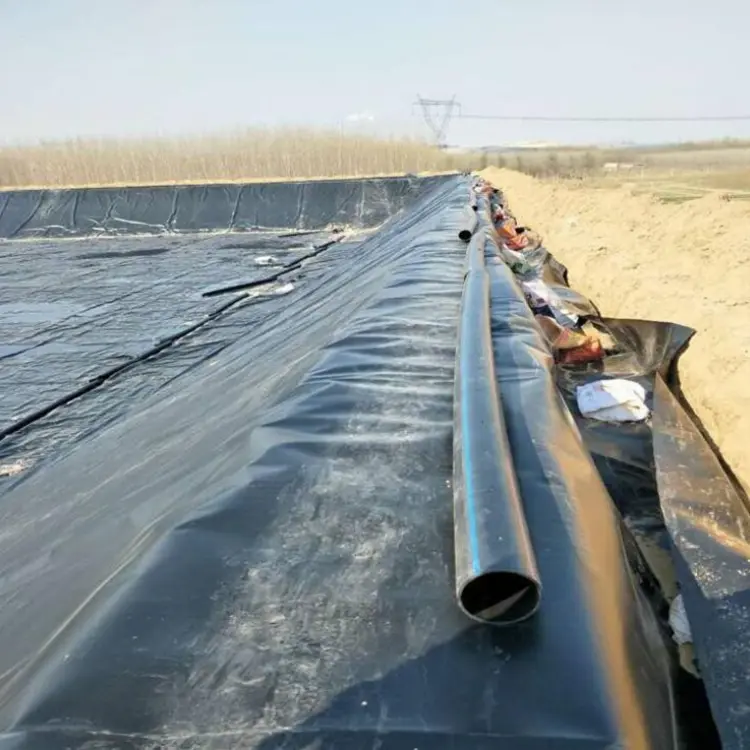 Geomembrane Market Trends & Development Prospects
Geomembrane Market Trends & Development Prospects